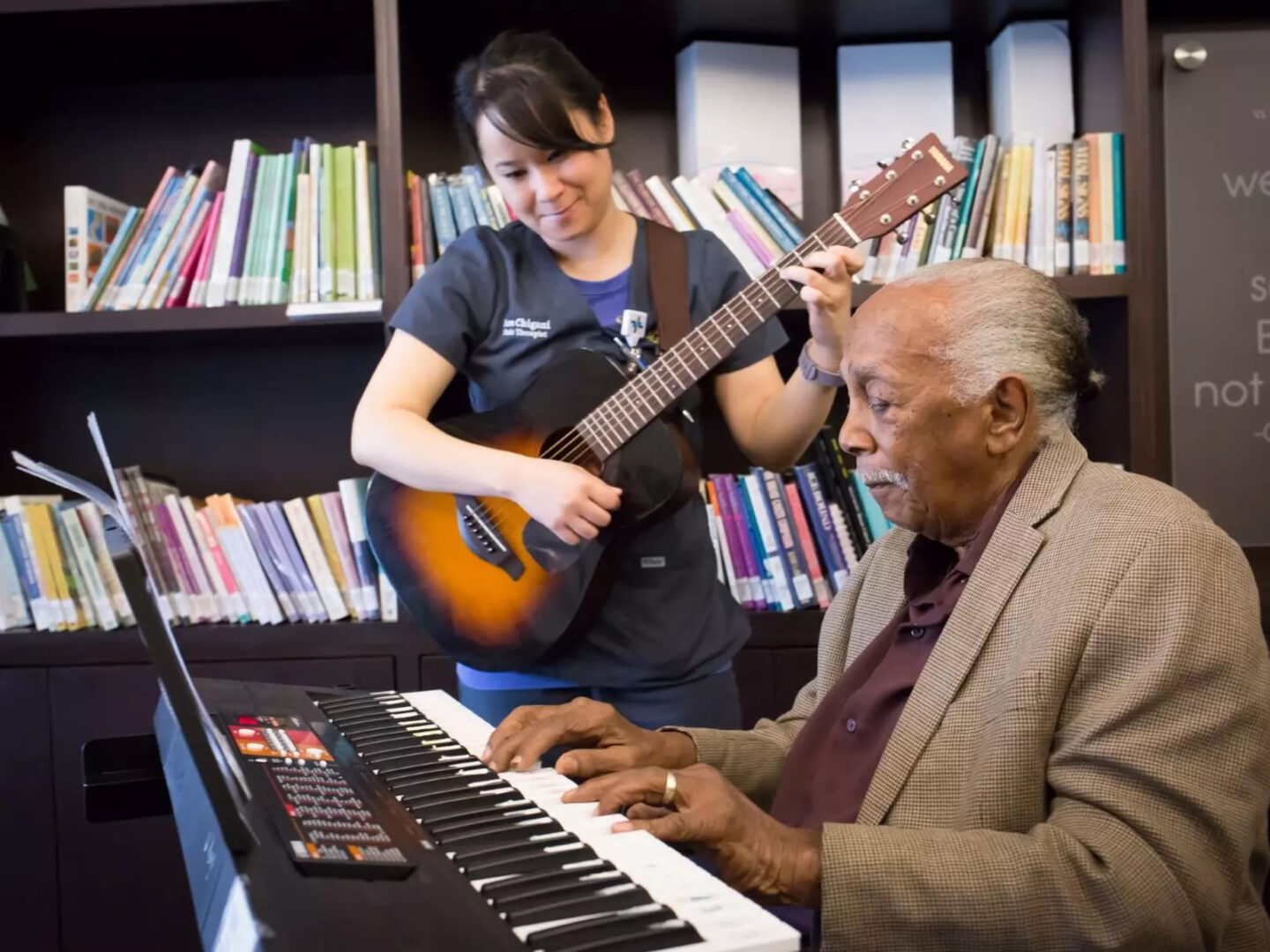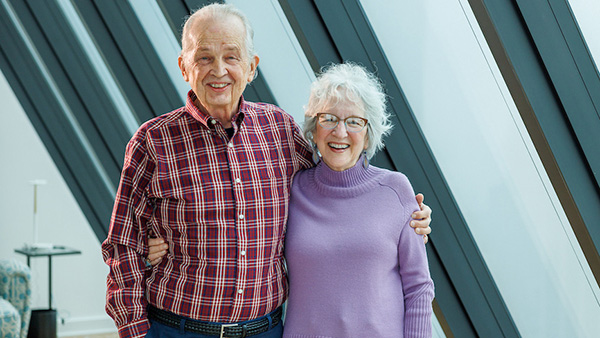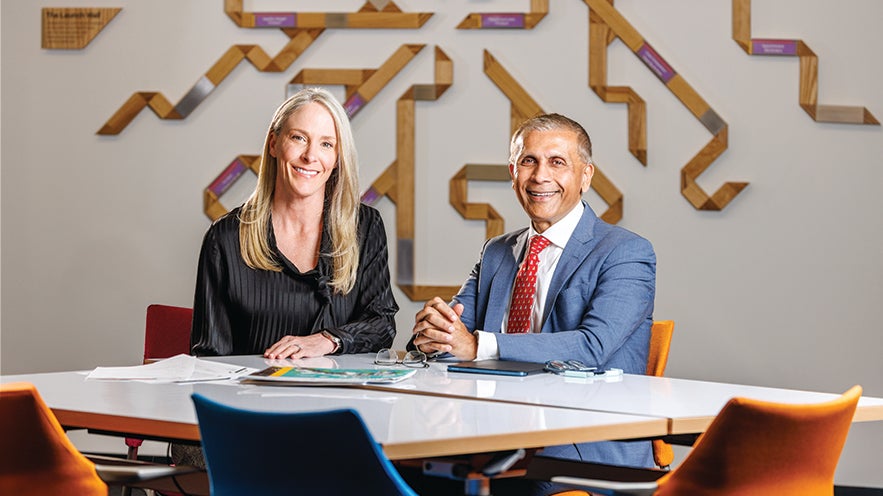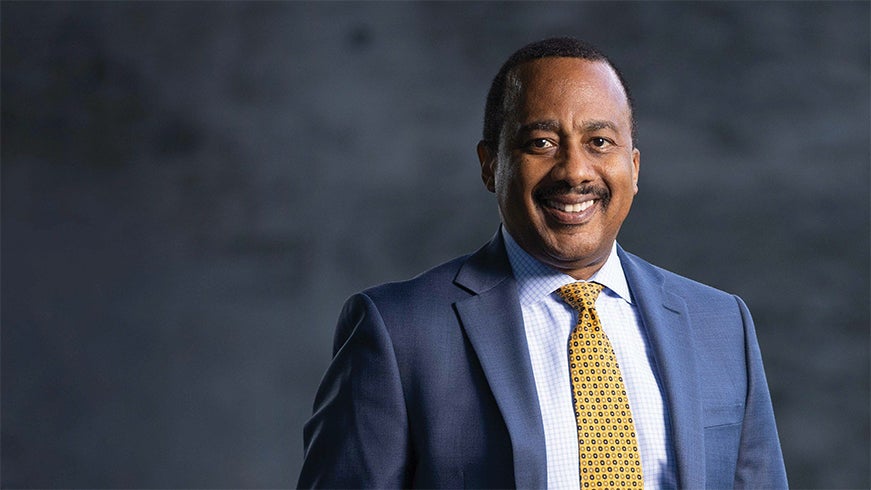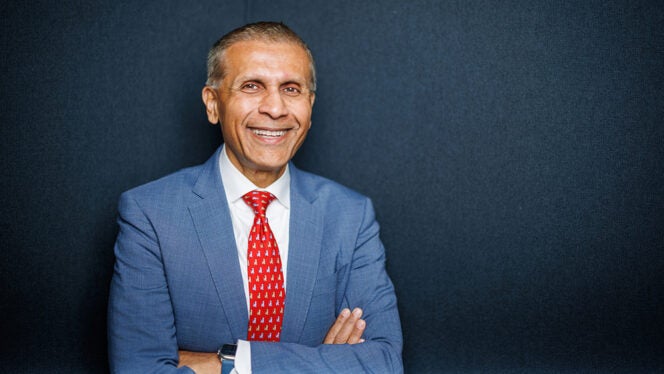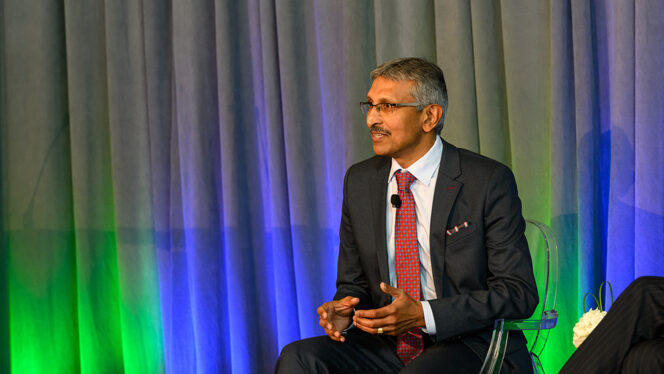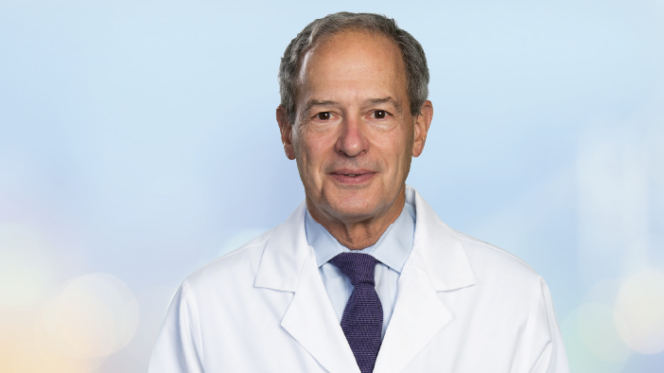Chief of Internal Medicine, Baylor University Medical Center
In September 2022, Byron Cryer, MD, joined Baylor University Medical Center as chief of internal medicine and the Ralph Tompsett Endowed Chair in Medicine. Over the course of his career, Dr. Cryer has dedicated himself to three important missions: exceptional patient care, investigational research and educational efforts to identify, develop and train future physician leaders.
With these areas of passion at the forefront, he spent many years working as a gastroenterologist at the Dallas VA Medical Center and as associate dean for faculty development at The University of Texas Southwestern Medical School in Dallas, Texas. Additionally, Dr. Cryer has many years of accomplishments in clinical and translational investigation, including 150 peer-reviewed publications, and most recently has been working in medical workforce development and leadership training for physicians.
What led you to a career in medicine?
When we were kids, we used to play school and I wanted to be a teacher when I grew up. When I was around 6 years old, my parents planted the idea in my head about being a doctor and we had weekly conversations about it. By the time I entered college, I knew this was what I wanted to do, but that I wanted to find a place where I could combine my passions—to practice medicine while teaching medicine.
What attracted you to the opportunity at BUMC?
There were many things that made the role at BUMC very interesting. First was the patients we serve—they cut across the fabric of society. We see patients across the socioeconomic spectrum of Dallas, and they need us. Many are very ill, and many haven’t had good outpatient pre-hospital care. When I was here interviewing, I was able to tour the Emergency Department and that gave me a great opportunity to see who our patients are, and that tour is one of the things that moved me to want to come here—we have a big tent, and we take care of everyone.
Second, the researcher in me became aware of the electronic health records at Baylor Scott & White—there are 1 million lives covered. From my time with the VA, I knew that this was a powerful resource to be able to look at a large data set of aggregate trends and outcomes in an evidence-based way. We can draw from that to answer questions related to population health, how to best standardize care and better understand our quality, safety and outcomes metrics. Not many physician researchers have access to information like this and it was very exciting to consider the possibilities associated with it.
Third, Baylor Scott & White has a culture of doctors who are really exceptional at providing multi-specialty, complex care, who at the same time are dedicated to the service of their patients. These are physicians who believe in exceptionalism and at being the best they can be in their craft.
As chief of internal medicine, I oversee the largest number of physicians at BUMC, and I was excited to work alongside and lead a team with these commitments and this culture. The final deal-clincher for me was the opportunity to utilize my previous skills in medical workforce engagement, recruitment and retention—to help train and develop new doctors into good leaders. I also learned BUMC is a principal training site for Texas A&M University medical students, which means we have a huge opportunity for engagement with a robust pipeline of medical students and future BUMC alums coming through. I have been given the opportunity to work toward a very worthwhile goal, and I’m all in.
What impact do you see philanthropy having in the lives of our patients?
It’s all about philanthropy. I was previously at another large health system and there was a clear flagship amongst their entities—the differentiator was philanthropy. I recognized philanthropy has a huge space in healthcare, because we can’t do all the things we want to do. It helps us attract the best, have the best services, the best equipment, the best buildings. Philanthropy serves as the catalyst to greatness and is what helps take us from good to great.
What are you most proud of?
The number of physicians whose lives I’ve impacted by being part of their development and journey. By investing in the careers of others, we have the greatest opportunity to change the way medicine is delivered—we can do that as individuals, but the impact is much greater when you do it through those you train.

